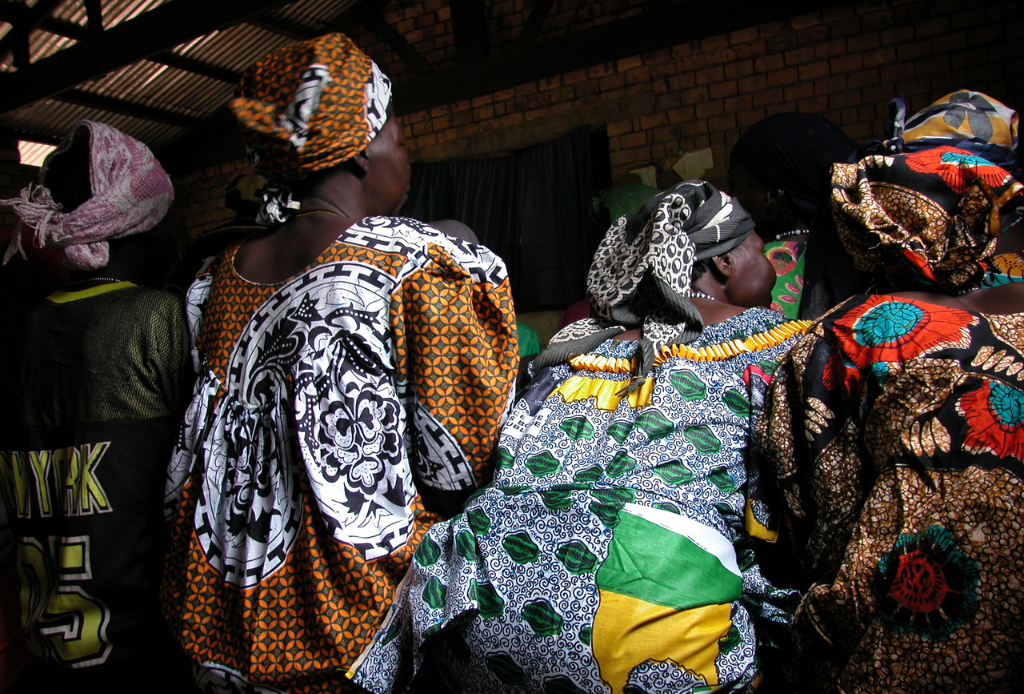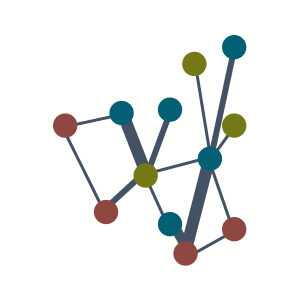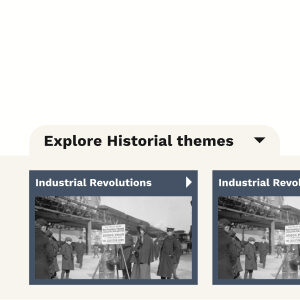ROSCAs

Credit: retinal_experiments via Canva.com
Licence: Getty Images Signature
| Giver: | Individual |
|---|---|
| Receiver: | Individual or unstructured/informal group |
| Gift: | - |
| Approach: | ROSCA |
| Issues: | 10. Reduced Inequalities, 8. Decent Work and Economic Growth |
| Included in: | ROSCAs |
Rotating Savings and Credit Associations (ROSCAs) are banking cooperatives in which members pool their money in order to help each other meet their financial goals. A form of fiscal mutual aid, ROSCAs create economic opportunities that might not otherwise be accessible to individual participants. In addition to promoting a sense of solidarity and cooperation, ROSCAs build financial independence among their individual members, empowering them to make sound economic decisions for themselves and their families.
ROSCAs have existed in various forms throughout history, and they continue to thrive in Africa, Asia and Latin America. These groups are known by different names in different regions: Chit funds in India, Susus in West Africa_ and Tandas_ in Mexico and parts of Latin America, among others. ROSCAs also frequently emerge among immigrant populations who have not yet assimilated into the mainstream of their adopted countries.
While these diverse systems employ methods and norms unique to the societies where they are practiced, the fundamental purpose – to foster a community-based, trust-driven approach to savings and credit – remains consistent across cultures. Because ROSCAs usually emerge within specific groups with shared identities, their trustworthiness is typically rooted in distinct ethnic, cultural or familial bonds.
In practice, members of a ROSCA contribute regularly to a common fund, then take turns accessing all or part of the fund in order to meet their economic needs. By pooling collective resources, ROSCAs offer access to greater sums of money than individual participants would usually be able to save.
ROSCAs serve multiple purposes. Foremost, they provide a financial tool for those who might not have access to formal banking services. This function has proven particularly impactful in low-income countries, where a significant portion of the population may be unbanked or underbanked. A ROSCA enables members to save money, access credit, invest in business opportunities and/or pay for personal needs, such as education or healthcare.
Despite their advantages for certain population groups, ROSCAs also carry risks. The underlying reliance on an informal system of trust makes ROSCAs susceptible to mismanagement or fraud. The lack of formal legal structures can also lead to disputes, or result in defaults for which members have no formal recourse. Additionally, the informal nature of ROSCAs tends to limit their scale and the amount of capital that can be mobilized, reducing their potential impact compared to formal financial institutions.
Even with their limitations and vulnerabilities, ROSCAs remain an invaluable tool for people without access to conventional lines of credit. Built on principles of interdependence and collective action, these informal banks also cultivate a sense of shared financial purpose and responsibility among their members. For these reasons, ROSCAs continue to play a crucial role in many marginalized communities – bridging gaps in mainstream financial systems, while building a foundation for economic vitality and sustainable development at the grassroots level.
Contributor: Stephen Meyer
| Source type | Full citation | Link (DOI or URL) |
|---|---|---|
| Publication |
Ardener, Shirley. “The Comparative Study of Rotating Credit Associations.” The Journal of the Royal Anthropological Institute of Great Britain and Ireland 94, no. 2 (July-December 1964): 201-29. https://doi.org/10.2307/2844382. |
https://doi.org/10.2307/2844382 |
| Publication |
Bouman, F.J.A. “ROSCA: On the Origin of the Species.” Savings and Development 19, no. 2 (1995): 117-48. https://www.jstor.org/stable/25830410. |
https://www.jstor.org/stable/25830410 |
| Publication |
Geertz, Clifford. “The Rotating Credit Association: A ‘Middle Rung’ in Development.” Economic and Cultural Change 10, no. 3 (April 1962): 241-63. https://doi.org/10.1086/449960. |
https://doi.org/10.1086/449960 |
| Publication |
Hossein, Caroline Shenaz, and P. J. Christabell. “An Introduction: ROSCAs as Living Proof of Diverse Community Economies.” In Community Economies in the Global South: Case Studies of Rotating Savings and Credit Associations and Economic Cooperation, edited by Caroline Shenaz Hossein and P. J. Christabell, 1-26. Oxford: Oxford University Press, 2022. https://doi.org/10.1093/oso/9780198865629.003.0001. |
https://doi.org/10.1093/oso/9780198865629.003.0001 |
| Publication |
Purcell, Trevor W. “Local Institutions in Grassroots Development: The Rotating Savings and Credit Association.” Social and Economic Studies 49, no. 1 (March 2000): 143-81. https://www.jstor.org/stable/27865183. |
https://www.jstor.org/stable/27865183 |


